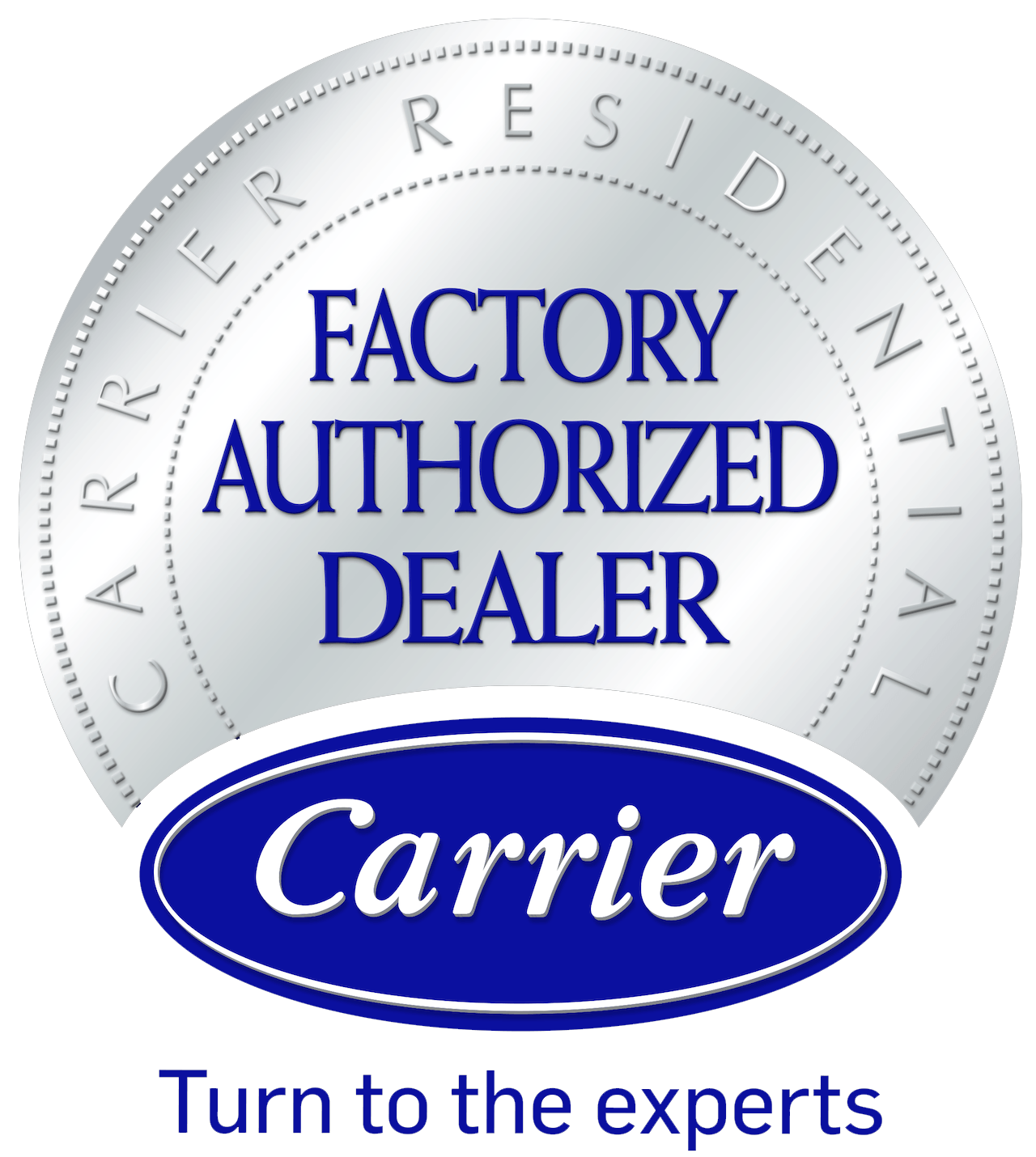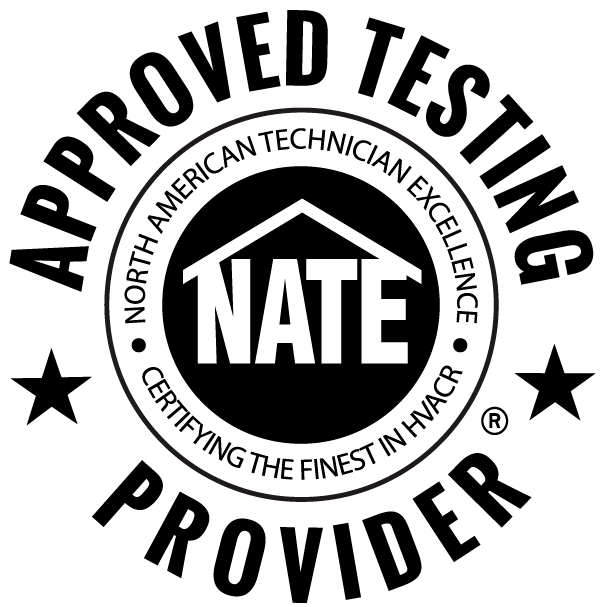Air conditioners are a blessing. Most everyone in Florida can attest to that: They make our homes more comfortable, they protect our belongings and wood structures from the oppressive heat and humidity, and they allow us to maintain a good standard of living.
But what about allergies? With so much pollen in the spring and ragweed in the fall, are Floridians destined to suffer from allergies on a regular basis? And it’s not just natural particles from outside. Even while inside, things like dust mites and pet dander could make it difficult for an allergy sufferer to breathe.
Can the right air conditioner help?
Air Conditioning Allergen Settings
The good news is yes, your air conditioner can help. This is because:
(a) Air conditioners absorb moisture from the air, and
(b) Air filters remove allergens from the air.
The moisture aspect is important to note, since, the more humid the environment inside your home, the more of a breeding ground for dust mites your household becomes. Humidity also fosters the growth of mold and mildew, which can turn allergies into asthma. In addition, humid air is much harder to breathe for people with respiratory problems.
Having an air conditioner, per se, is not going to make your home an allergy sufferer’s paradise. But there are several things you can do to your AC to ensure the best indoor air quality, such as:
1. Install HEPA air filters.
HEPA is an acronym for High-Efficiency Particulate Air. The reason they’re so beneficial is because they trap air pollutants that other air filters typically don’t catch. These include pet dander, dust mites, and tobacco.
2. Change your air filters regularly.
You can have the most high-end filters on your AC unit, but if you don’t change them regularly, they’ll eventually become caked with thick layers of the dust and debris that they’ve been filtering from your home. This would create a list of issues including: poor indoor air quality, an air conditioner that won’t cool as efficiently, and higher energy bills. The appropriate frequency in changing them depends on the circumstances in your household. Start by reading “How Often Should You Clean or Replace Air Filters?”.
3. Flush out the condensate line regularly.
When an air conditioner absorbs the moisture from inside your home, the water condensates, drips into a pan, and is drained out of your home through a condensate line. This damp environment needs to be flushed regularly through regular HVAC maintenance to prevent mold from forming inside the line.
4. Dust the rest of your home.
While HEPA air filters collect most indoor pollutants in the air, they still remain in carpeting, floors, and furniture. One of the best ways to remove indoor pollutants is to install HEPA filters in the vacuum cleaner and air purifiers.
Contact Colman Heating & Air for AC Service in Brevard County
At Colman, we can assist you with any of your air conditioning issues. We have a 24/7 AC emergency line. Call us if you need assistance ASAP, to schedule routine HVAC maintenance, or for a recommendation on which type of air filters best fit your needs.
24-HR Emergency Service (321) 269-4565








